Summary: Cultivate your ability to effect change actively rather than reacting passively. Human agency with the courage to do something new, without being told, will separate the designers of the future from the assembly-line workers of the past, and the empowered learner from the spoon-fed student.
Song on how to develop human agency skills (YouTube, 3 minutes).
Initiate, decide, lead. Those are the three components of agency. (ChatGPT)
In a world where AI and robots will handle most traditional work, one human trait stands out as a make-or-break skill: agency. Human agency is the capacity to take initiative, make independent choices, and drive projects forward rather than simply taking orders. It’s about acting rather than being acted upon, by setting goals and executing on them with the tools at hand (increasingly, AI). To future-proof your career, you must develop that sense of personal agency as a critical skill.
AI will be doing all the work tasks that people used to do. And it’ll do them better than humans! Prettier visual design, more usable UX, better writing, more insightful user research than you could ever produce, starting around 2030 when AI achieves superintelligence. (GPT Image-1)
(I use the word “agency” in the sense defined above: to decide what should be done. Confusingly, a very similar word, “agent” is used to describe the entity that carries out those orders on behalf of the person who exhibits agency. AI agents are a significant trend for 2025. For a quick overview, watch my 5-minute explainer video about AI agents. Agency and agents are almost each other’s opposite.)
Human agency is the way to be a hero in the AI age. (GPT Image-1)
AI Is Changing Roles, Not Just Tools
To understand why agency matters, consider how AI is “pancaking” team structures. Product design teams will flatten with fewer hierarchy levels, because each AI-augmented team member becomes extremely efficient. Instead of large teams with layers of managers delegating tasks, we’ll see smaller teams of highly autonomous individuals. Chasing a traditional management ladder will be a lost cause because there simply won’t be as many managerial slots. Every team member will need to contribute as a self-driven leader within his or her sphere, rather than waiting for directives from above.
In legacy companies, most employees are snoozing and hoping that somebody will tell them what to do about AI. However, nobody knows the best way to use AI in your industry and for your job. You can’t wait to be told; you have to find out. Take action now and you’ll be far ahead of enterprise snoozers. (GPT Image-1)
Moreover, AI is becoming a capable “doer” of tasks, but it lacks true autonomy in deciding goals. (Even if future AI will probably be capable of setting goals, we will want to restrict it to determining subgoals within the direction provided by humans.) In other words, humans must provide the initiative and direction. If you pride yourself on a craft (visual design, writing, user testing, you name it), remember that AI will soon execute the mechanics of that craft faster and at scale, but it won’t originate the project or pick which problem to solve.
For example, a design AI can generate ten different mockup variations in seconds (ideation is free with AI). Choosing which design best balances user needs and business goals, as well as deciding what to build next, will remain a human judgment call. Similarly, AI researchers can churn through data and produce insights, but identifying which user problem is worth tackling in the first place requires human insight and initiative.
This is a scene we won’t see — or at least only see in failing companies. Judgment belongs in human hands. (GPT Image-1)
Instead, humans will tell AI what to do. Agency resides with people, not machines. (GPT Image-1)
The new workplace reality is that your value comes from having the agency to initiate, guide, and integrate AI’s contributions. If you merely follow instructions or stick to routine methods, an AI will (and arguably should) take your work. On the other hand, if you can spot opportunities, define goals, and mobilize tools (and colleagues) to pursue them, you’ll complement AI rather than compete with it.
Developing agency is the only way for humans to stay relevant once AI achieves superintelligence. (ChatGPT)
Why Personal Agency Matters More Than Ever
Agency, in this context, means being proactive, self-directed, and enterprising in your role. It’s not about job title or formal authority. In fact, with flatter teams, you may have no authority over others, which makes self-leadership all the more crucial. People with agency “just do things” instead of waiting to be told. They identify what needs to happen and take action.
Take action. Move. Get things done. Accelerate. That’s the real future, and not a science-fiction story. (ChatGPT)
Inertia is dead, or at least low value: proceeding along a steady course is not the road ahead, to mix metaphors. It used to be a classic consulting saying that “the only constant is change,” but in an AI-fueled future, change won’t be constant; it will be ever-accelerating. Steering the present course will run your ship aground on such shifting shoals. If you’re waiting around for orders in 2030, you might as well be waiting for a fax to come back in style. Spoiler: it’s not happening.
You don’t need a detective to spot that inertia is dead in the new world where AI changes things faster than ever. Business as usual will kill your company. (ChatGPT)
Being proactive also guards against the risk of becoming overly “robot-dependent.” Some influencers worry that humans could lapse into passivity and become subservient to AI if they lean on intelligent systems for every decision. But the future belongs to those who wield AI as a tool, not those who let AI rule them. Exercising agency means keeping yourself in the driver’s seat: you decide which AI suggestions to implement, you double-check its outputs, and you envision new uses for these tools that others haven’t tried. By actively steering AI’s contributions toward meaningful goals, you ensure that you (the human) remain the creative force behind the work.
Agency is part of the triad of essential human career skills for the AI era: Agency, judgment, and persuasion. (ChatGPT)
Finally, agency ties into two other meta-skills you’ll need to thrive after AI achieves superintelligence: judgment and persuasion. Judgment is the ability to make wise decisions among numerous AI-generated options, as seen in the design mockups example. Persuasion is the ability to rally other humans around your ideas, because no matter how much AI we have, we still live and work with other people, and you’ll need to convince colleagues and stakeholders to support your initiatives. However, notice that to exercise either judgment or persuasion, you must first have an idea or initiative to advocate for. That comes from your agency. In short, agency is the trigger for all other high-level skills. Without initiative, your great judgment or communication will be useless.
Some influencers prefer using the word “taste” to describe humans’ ability to differentiate between AI work products and choose the best ones. I don’t like this word as much as my preferred term “judgment” for two reasons:
In the past, “taste” has been used in deplorably elitist ways, such as Steve Jobs’ famous quip that “Bill Gates has no taste.” While it was true that Microsoft’s products had worse design than Apple’s for many years (though Apple has declined recently), I doubt this was because of BillG’s lack of taste. It’s more likely due to his prioritization of other product qualities than usability because he had too high IQ to realize how difficult his software was for normal people to use.
As Julie Zhou points out in a recent article, AI will develop better taste than humans, to the extent that “good taste” is defined as the ability to discern what many (or most) people will like before they know it themselves. However, judgment (my preferred lens on the matter) is not just a question of identifying designs that customers will grow to like once they have become accustomed to them. Judgment requires deciding what’s worth doing after balancing many other considerations, including not just pure taste, but also profitability for the business, as well as personal goals and broader ethical worries.
With human agency, people decide what AI should do, based on human criteria and desires. What do we think is worth doing? That’s what the AI will do. (GPT Image-1)
Developing Agency at Work: Practical Strategies
How can UX professionals (and really, any knowledge workers) cultivate greater agency in their day-to-day jobs? Here are some strategies to build your individual agency:
Invent Your Future (Don’t Wait for Instructions): High-agency professionals treat their career as a creative project. Rather than sticking rigidly to old methods, they experiment with new tools and approaches. For instance, as new AI design tools emerge, try them out proactively and imagine novel ways to integrate them into your workflow. This might mean proposing a pilot project with an AI-driven UX research method, or teaching yourself a bit of prompt engineering to improve how you query your AI tools. Don’t ask for permission to improve your own processes: take initiative and then inform your team of the positive results. Managers are more likely to say “yes” when you’ve already proven an idea’s value.
The most important part of agency is that you have to decide for yourself what should be done. (GPT Image-1)
Treat AI as a Partner, not a Replacement for Thinking: Leverage AI for what it’s good at (speed, scale, pattern-crunching) but maintain your critical oversight. For example, if an AI summarizes user research, treat that summary as a starting point and then apply your own analysis to validate and deepen it. This approach keeps you in an active role. It’s easy to become lazy and let the system churn out answers, but that would weaken your agency over time. Instead, challenge AI’s work and adjust accordingly. Not only will this improve the quality of the outcome, but it also ensures that you continue to hone your judgment and domain expertise.
AI is no replacement for thinking for yourself. It does great work, but humans should provide oversight and direction. (GPT Image-1)
Expand Your Ownership (Within Bounds): Identify aspects of your project or team process where you can take on more responsibility even without being asked. This could be as simple as volunteering to lead a usability testing session that nobody “assigned” to you, or proactively fixing a UX bug outside your usual remit because you noticed it’s hurting the user experience. Be careful not to overstep in a harmful way (agency is not rogue behavior that ignores collaboration). Rather, use your initiative to fill gaps or drive improvements that benefit everyone. Colleagues will start to see you as someone who handles problems before they even land on a manager’s desk. That reputation reinforces a virtuous cycle: you’ll likely get more trust and freedom, further enhancing your agency. Remember, in a flatter team the informal authority of being reliable and proactive can matter as much as any formal title.
Build Influence Through Persuasion, Not Position: In lieu of hierarchy, agency-driven professionals rely on influence to rally others. Practice your persuasion skills and present a clear rationale and user benefit for every initiative you propose. Bring data or user quotes to back up your ideas. Learn to frame suggestions in terms of business outcomes and team goals, not just personal preference. When you consistently show good judgment in what you pursue (e.g. choosing projects that have impact) and communicate effectively, you’ll find people are willing to follow your lead even if you’re not “in charge.” This is essential: no matter how much initiative you have, complex projects still require buy-in from teammates or stakeholders. Persuasion is how agency manifests in a team setting to actually get things done.
Is Agency Innate or Learned?
You might wonder whether being proactive is an inborn personality trait or something you can develop. Psychology research indicates it’s both: there are natural dispositions and learnable skills at play. Industrial-organizational psychologists have identified the “proactive personality”: a trait of people who identify opportunities, show initiative, take action, and persevere until they effect meaningful change. Individuals with this disposition tend to be self-starting by nature, relatively unfettered by situational constraints. In contrast, more passive personalities often wait for direction and adapt quietly to their environment. Thus, some people have a head start in the form of a natural disposition that favors agency.
However, research also underscores that agency can be cultivated. Psychologist Albert Bandura emphasized the role of “mastery experiences” in building self-efficacy: proving to yourself you can succeed encourages you to take future initiative. In practice, this means that when professionals are given opportunities to make decisions and see positive outcomes from their actions, it reinforces an agentic mindset. Organizational studies have found that even those who aren’t born proactive can increase their agentic skills through experience, mentorship, and supportive environments. For example, a study of youth programs showed that when young people were given real responsibility for projects (with advisors providing guidance only when needed), they learned to strategically organize their actions over time to achieve goals. They developed better planning and problem-solving abilities, so they learned to be more agentic through practice.
The implication for you as a professional is encouraging: agency is a learnable skill set. You can start with small steps and build on those successes. For example, initiate a minor process improvement in your team or volunteer to lead a low-risk project. Each time you exercise agency and see a payoff, you’ll strengthen your confidence to take on bigger initiatives. Conversely, if you feel you lack agency due to a stifling work culture, it’s worth having a frank discussion with your manager or seeking a role with more autonomy. Nothing kills agency faster than an environment where every move is micromanaged. If you can’t change jobs immediately, try carving out one aspect of your work where you have freedom, and make it a proof of concept for what you can accomplish with more leeway.
The future AI-centric workplace will reward self-starters who pair their human creativity and judgment with the power of automation. Even if being proactive doesn’t come naturally, you can deliberately cultivate agency by pushing yourself to take initiative in incremental ways. Think of it as an ongoing design challenge, but the product you’re refining is your own mindset and habits. The more you initiate, the more your agency will grow, and the more indispensable you’ll become in an AI-enhanced world.
Action items to ensure your future career. (ChatGPT)
Cultivating Agency in Children: Preparing the Next Generation
If agency is critical for adults today, it will be absolutely vital for the children who will become the first AI-native generation. The traditional education system, unfortunately, often prioritizes the acquisition of traditional skills, which can be at odds with developing a strong sense of initiative. As AI takes over rote tasks and even sophisticated problem-solving in the future, young people will need to excel at what’s uniquely human: asking the right questions, dreaming up new projects, and adapting to novel situations. In short, tomorrow’s successful adults must learn to be agents of change, not just subject-matter experts.
The time to cultivate a sense of agency is when children are young and impressionable. (GPT Image-1)
Schools will need to shift from industrial-age models of education (sit still, memorize, regurgitate) to models that emphasize student agency and “learning how to learn.” The OECD defines student agency as “the capacity to set a goal, reflect, and act responsibly to effect change” and notes that it’s about students making choices rather than accepting those made for them. Research shows that when students play an active role in deciding what and how to learn, their motivation increases, and they become more effective at learning new things independently. In other words, a student who has practiced agency in the classroom is more likely to leave school with that precious meta-skill: the ability to educate oneself throughout life. In a fast-changing future, “learning how to learn” will trump any specific subject knowledge.
Over-structured schooling can make kids increasingly unwilling to write creatively or collaborate freely, because they’re afraid of deviating from the expected answer. A narrow focus on teaching to the test not only bores many students; it also blocks perhaps the most important purpose of education: giving young people the agency to shape their world.
Parents play an equally crucial role in developing a child’s sense of agency. Even if your child’s school is slow to change, there’s a lot you can do at home (and in partnership with teachers) to foster independence and initiative. Here are some recommendations for parents who want to raise agentic kids:
Encourage Autonomy (Within Reasonable Boundaries): From early childhood, give your kids chances to make choices and do things for themselves. This could be as simple as letting a toddler choose between two outfits, or asking a grade-schooler to plan and cook one family meal per week (with appropriate help). Avoid the trap of doing everything for them or solving all their problems. If a child is building a LEGO tower that keeps toppling, for instance, resist the urge to step in immediately, but let them tinker and figure out a solution (or ask for help when they truly need it). This kind of guided autonomy is the home equivalent of a supportive teacher giving non-directive assistance: it tells the child “you are capable, you can do this”.
Foster a Growth Mindset and Internal Locus of Control: How children interpret success and failure can either fuel agency or stifle it. Emphasize effort, learning, and improvement rather than innate talent. When your child overcomes a challenge, praise the strategies and persistence they used (“You found a clever way to solve that puzzle!”) to reinforce their sense of being an active problem-solver. When they fail or something goes wrong, discuss what they could try differently next time, framing it as changeable (“Did your approach work? What else could we do?”) rather than a fixed verdict. The idea is to cultivate an internal locus of control, a belief that each person can influence their own circumstances. Research consistently shows that people with a more internal locus of control (those who feel their actions shape their destiny) are more likely to take initiative in life, compared to those with an external locus (who feel things just happen to them).
Create Opportunities for Project-Based Learning at Home: You don’t need to wait for a school assignment to let your child embark on a project. If they show interest in something — say, they love animals — help them envision a self-directed project, such as creating a small video about their favorite animals with Veo3, building a birdhouse, or coding a simple pet care game. Then step back and let it be their project. Offer resources and support, but don’t micromanage it to perfection. The goal is not to pressure them into an achievement; it’s to let them experience taking an idea from start to finish. Completing even a modest personal project (with all its hurdles and adaptations along the way) is a powerful lesson in agency. They’ll remember that they decided to do it and they carried it through. Such experiences also teach resilience: when something doesn’t work, the kid should pivot or try again.
Have children build their own projects. (GPT Image-1)
To grow the sense of agency, children’s projects should be based on their own interests and goals, rather than being imposed by others. (GPT Image-1)
Model Agency and Involve Kids in Decision-Making: Children often learn by imitation. Let them see you exercising agency in your life. Talk about your own work or projects in terms of goals and taking initiative. When appropriate, involve the kids in family decisions. For example, hold a family meeting to decide something like where to go for a holiday or how to decorate a room, and give the children a real voice (and some research tasks to do beforehand). By treating them as active contributors, you signal that their ideas matter and that planning and taking action is a normal part of life at any age. Also, share stories (from books, history, or your own life) of entrepreneurs, business leaders, and engineers who saw a problem and took initiative to fix it. These narratives can be inspiring and reinforce the value of agency. The key is to create a family culture where initiative is praised and supported.
Screen for Agency-Encouraging Schools: When choosing a school or evaluating your child’s current one, look for signs that the school values student agency.
4 ways to develop the number-one career skill for the AI age in children. (GPT Image-1)
Exercises to Build Agency
Your will strengthens your power to act. Exercise it daily.
Here are some activities you can use to increase your ability for agency:
Job‑Crafting Sprint: Map your current duties, highlight two energy‑drainers and two “flow” tasks, then redesign the mix (swap ownership, re‑sequence, or automate busywork). Present the new blueprint to your manager as a pilot, not a demand. Research shows that job crafting raises proactive behavior and engagement.
Micro‑Pitch Friday: Before logging off each Friday, write a one‑paragraph pitch for a UX fix or experiment and drop it into a public Slack channel. The ritual trains you to hunt opportunities instead of waiting for Jira tickets.
Guerrilla Usability Blitz: Grab three target users (corridor, Zoom, coffee shop), test a live feature, and publish a one‑page finding within 24 h. You practice initiation and rapid execution which are core agency behaviors.
Cross‑Pollination Buddy Day: Shadow a developer or PM for one full day per sprint (and let them shadow you). The forced context switch broadens influence networks and correlates with higher proactive scores.
One‑Slide Vision Memo: Draft a single‑slide “PR/FAQ” for a product opportunity nobody asked for. Circulate it asking only for comments, not approval. Owning the narrative is agency in its purest form.
Automate‑and‑Audit Challenge: Script a repetitive task with your AI copilot, then manually spot‑check 10 % of outputs. You claim the productivity boost without surrendering judgment.
Stakeholder AMA (ask-me-anything): Host a 15‑minute open Q&A with a different stakeholder each month, you asking the questions. Builds persuasive inquiry and demystifies business constraints.
Agency Log: Every evening jot one decision you initiated and one you ducked. Weekly review turns reflection into “mastery experiences,” Bandura’s most powerful lever for self‑efficacy, which is the psychological engine of agency.
When doing agency exercises, follow these 5 rules to keep yourself honest:
One drill per quarter. Agency, like muscle, grows through steady workouts. Don’t just try one activity and then stop.
Artifacts or it didn’t happen. If there’s no memo, prototype, or journal entry, you only thought about agency. My old friend Don Norman used to say, “design doing is better than design thinking,” and the same is true for agency (and agency exercises).
Public stakes beat private promises. Pre-announce the activity to a colleague or friend; mild social pressure triples follow-through.
Move on if it’s too easy. Comfort is the mortal enemy of initiative, so if any of my suggested exercises seem too easy to you, skip them and do something hard.
Pair up. An “agency buddy” supplies feedback and mirrors Bandura’s social‑modeling route to self-efficacy. This is cheaper than coaching and twice as sticky.
Simple rules for getting more out of agency-building exercises. (ChatGPT)
The Future Needs Human Initiative
AI and robots will undoubtedly handle more and more of the tasks in our lives, but they will not replace the human drive to set direction, seek meaning, and improve the world. Those facets require agency. Whether you’re a UX professional adapting to an AI-infused workflow or a parent raising the next generation, the message is similar: prioritize the development of human agency. It’s the quality that ensures we use our new tools in the service of human goals, rather than becoming spectators to technology.
Why did the chicken cross the road? In the AI age, it’s certainly for the many new opportunities AI brings. Be like the chicken and show some agency. Don’t be left behind at the wrong side of the road. (GPT Image-1)
AI turbocharges those who have initiative by making individuals more productive and creative, but it can also make it easy for the passive to coast (until they are left behind). Agency can be learned and reinforced: through supportive work cultures for adults and enlightened teaching and parenting for kids. In both cases, the formula involves granting freedom, encouraging ownership, and embracing the learning that comes from taking action (including learning from failure). It also involves a mindset shift: seeing oneself (or one’s child) as an active protagonist in whatever story is unfolding, not just a character waiting for directions.
Business as usual is no longer an option. Continue as you’ve always done, and AI will absolutely take your job soon. (GPT Image-1)
By developing agency, you future-proof yourself and your children, no matter what AI or any other disruption throws our way. It’s not just about surviving the future of work or education; it’s about shaping that future to be one where human creativity, passion, and purpose continue to thrive alongside our machines. And that mission, ultimately, is in our hands.
Take charge of your destiny: develop agency. (ChatGPT)
Song on how to develop human agency skills (YouTube, 3 minutes).
About the Author
Jakob Nielsen, Ph.D., is a usability pioneer with 42 years experience in UX and the Founder of UX Tigers. He founded the discount usability movement for fast and cheap iterative design, including heuristic evaluation and the 10 usability heuristics. He formulated the eponymous Jakob’s Law of the Internet User Experience. Named “the king of usability” by Internet Magazine, “the guru of Web page usability” by The New York Times, and “the next best thing to a true time machine” by USA Today.
Previously, Dr. Nielsen was a Sun Microsystems Distinguished Engineer and a Member of Research Staff at Bell Communications Research, the branch of Bell Labs owned by the Regional Bell Operating Companies. He is the author of 8 books, including the best-selling Designing Web Usability: The Practice of Simplicity (published in 22 languages), the foundational Usability Engineering (28,804 citations in Google Scholar), and the pioneering Hypertext and Hypermedia (published two years before the Web launched).
Dr. Nielsen holds 79 United States patents, mainly on making the Internet easier to use. He received the Lifetime Achievement Award for Human–Computer Interaction Practice from ACM SIGCHI and was named a “Titan of Human Factors” by the Human Factors and Ergonomics Society.
· Subscribe to Jakob’s newsletter to get the full text of new articles emailed to you as soon as they are published.
· Read: article about Jakob Nielsen’s career in UX
· Watch: Jakob Nielsen’s first 41 years in UX (8 min. video)

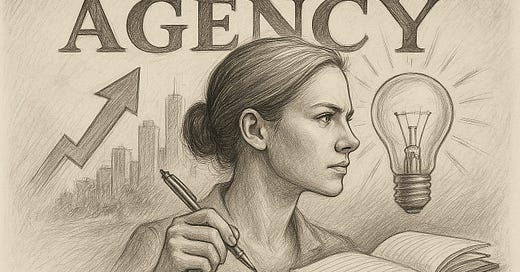





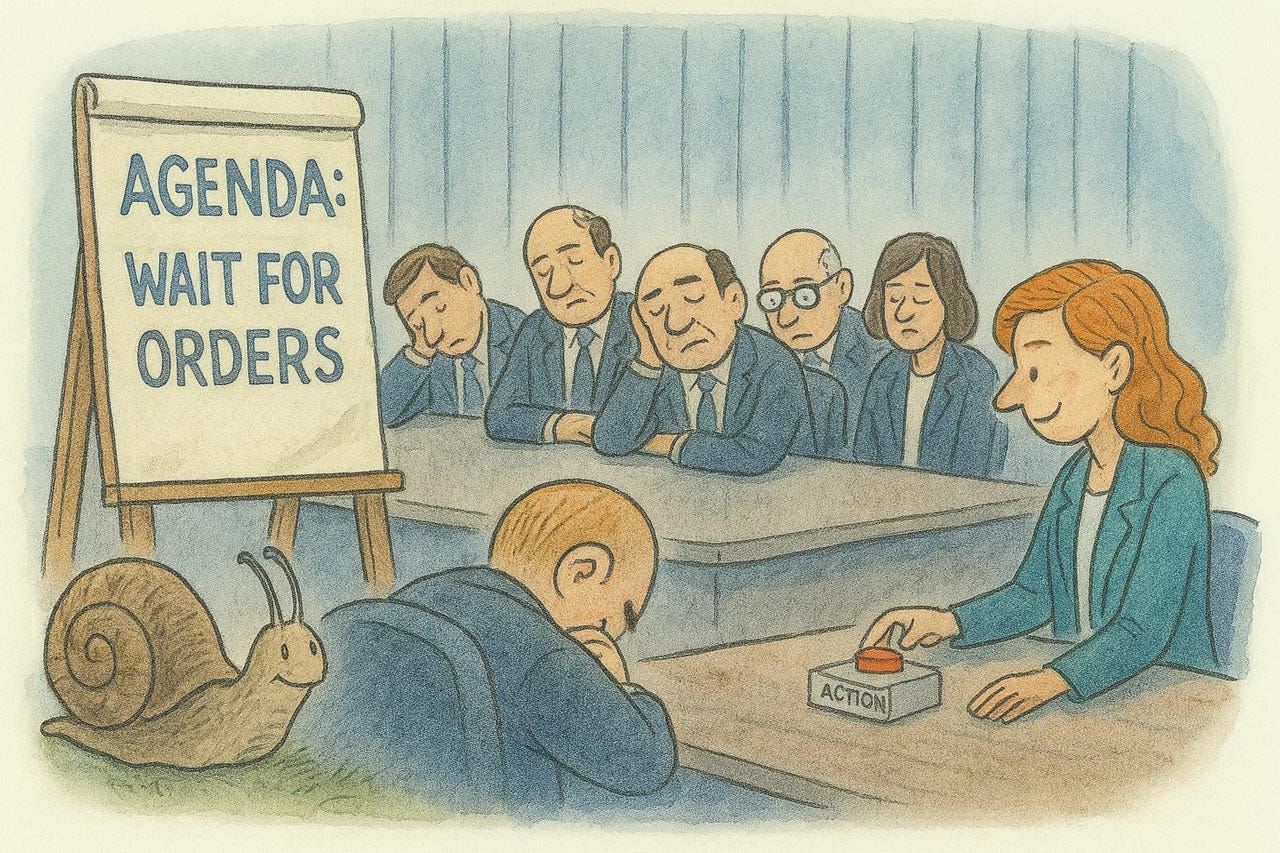
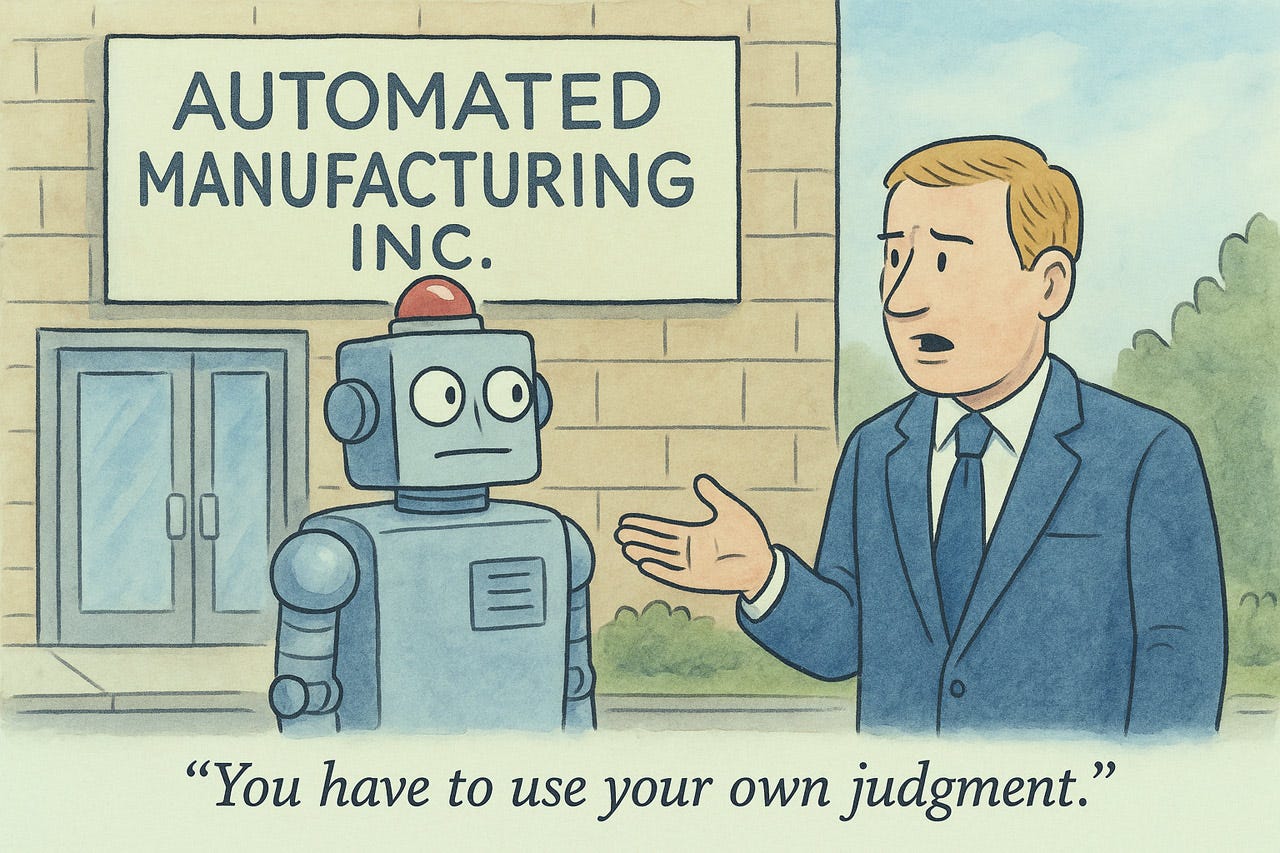

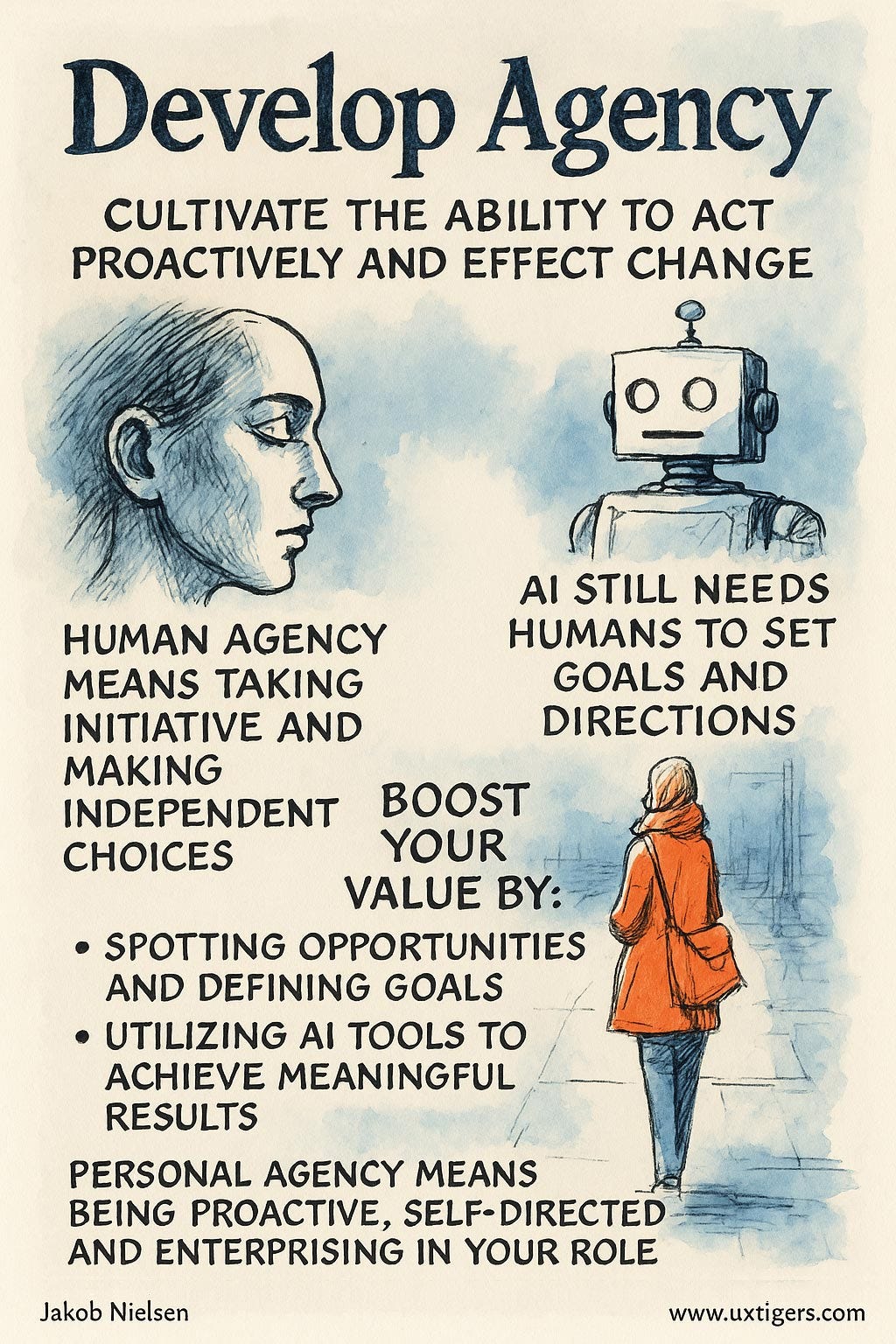


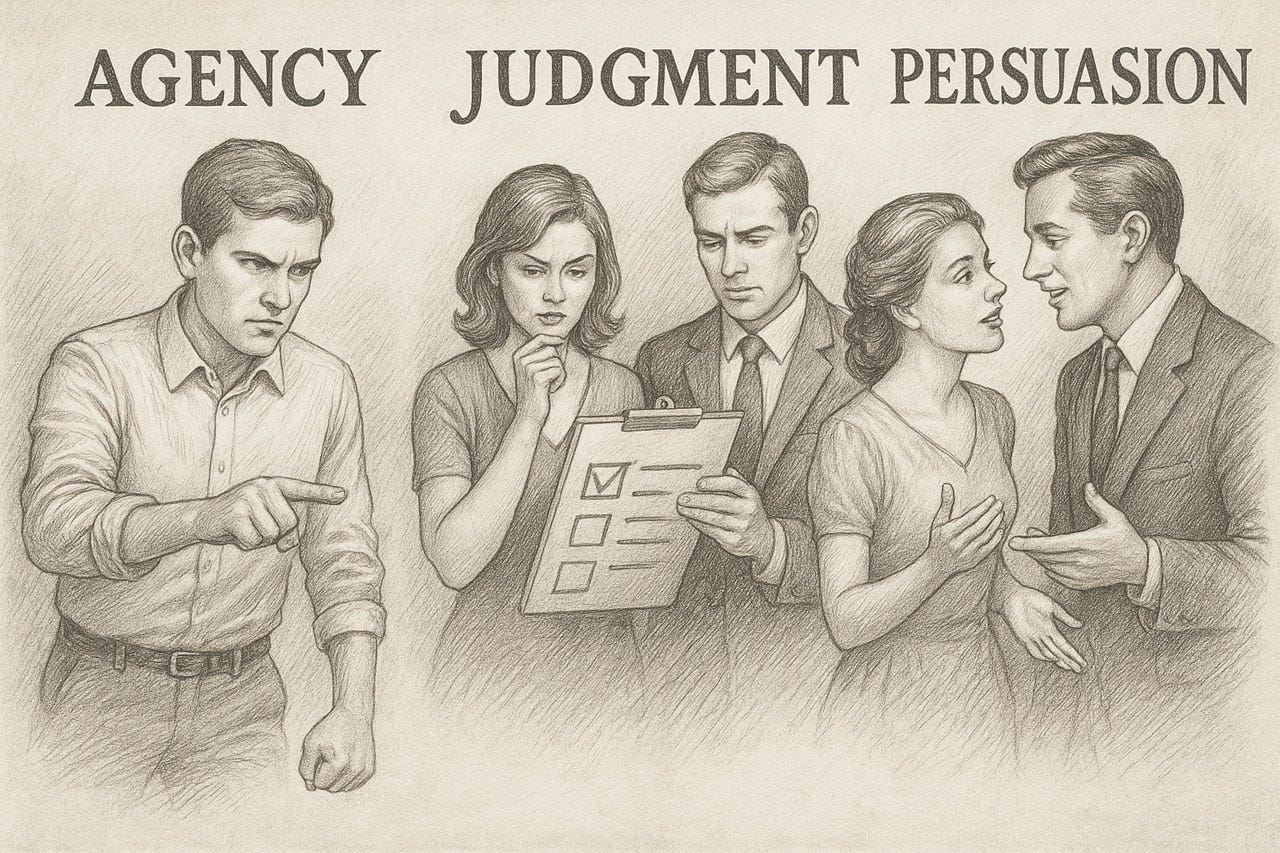


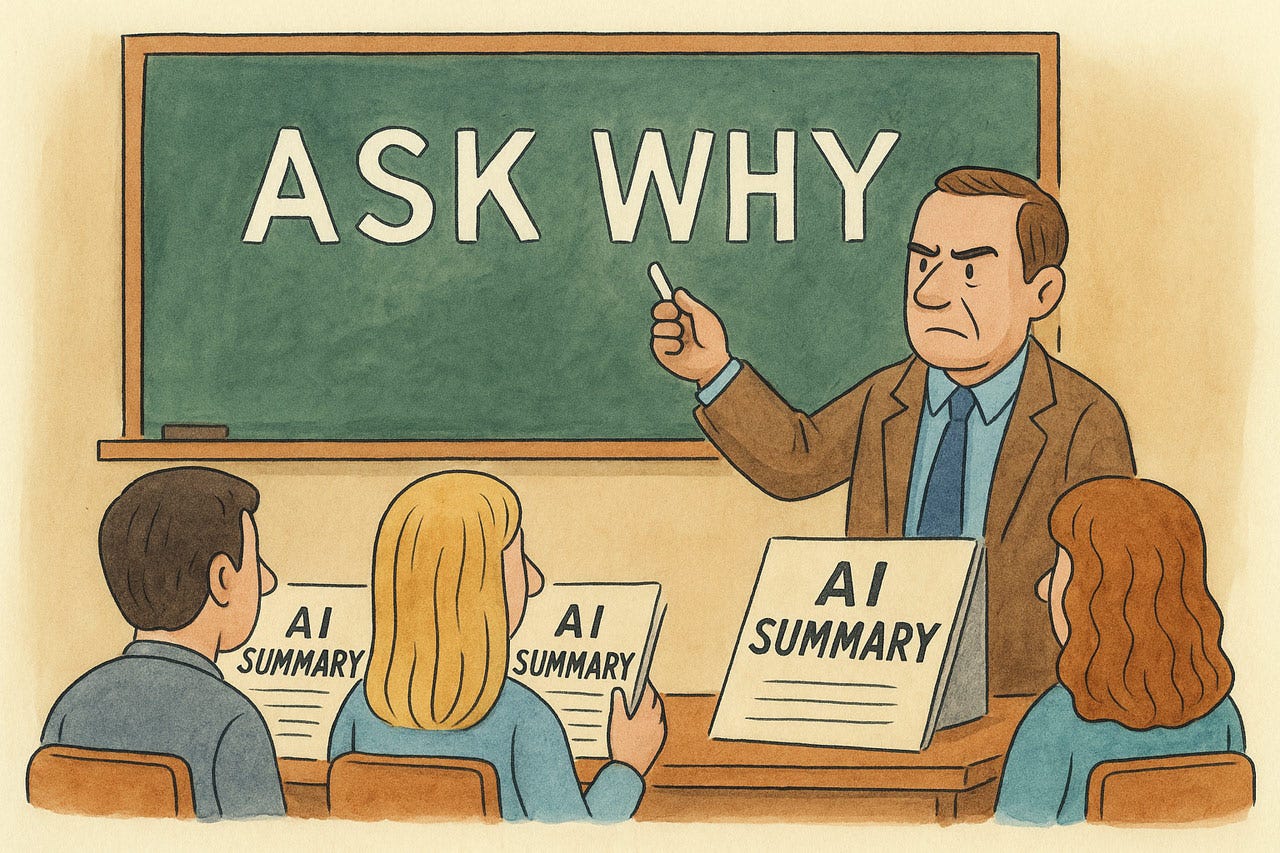
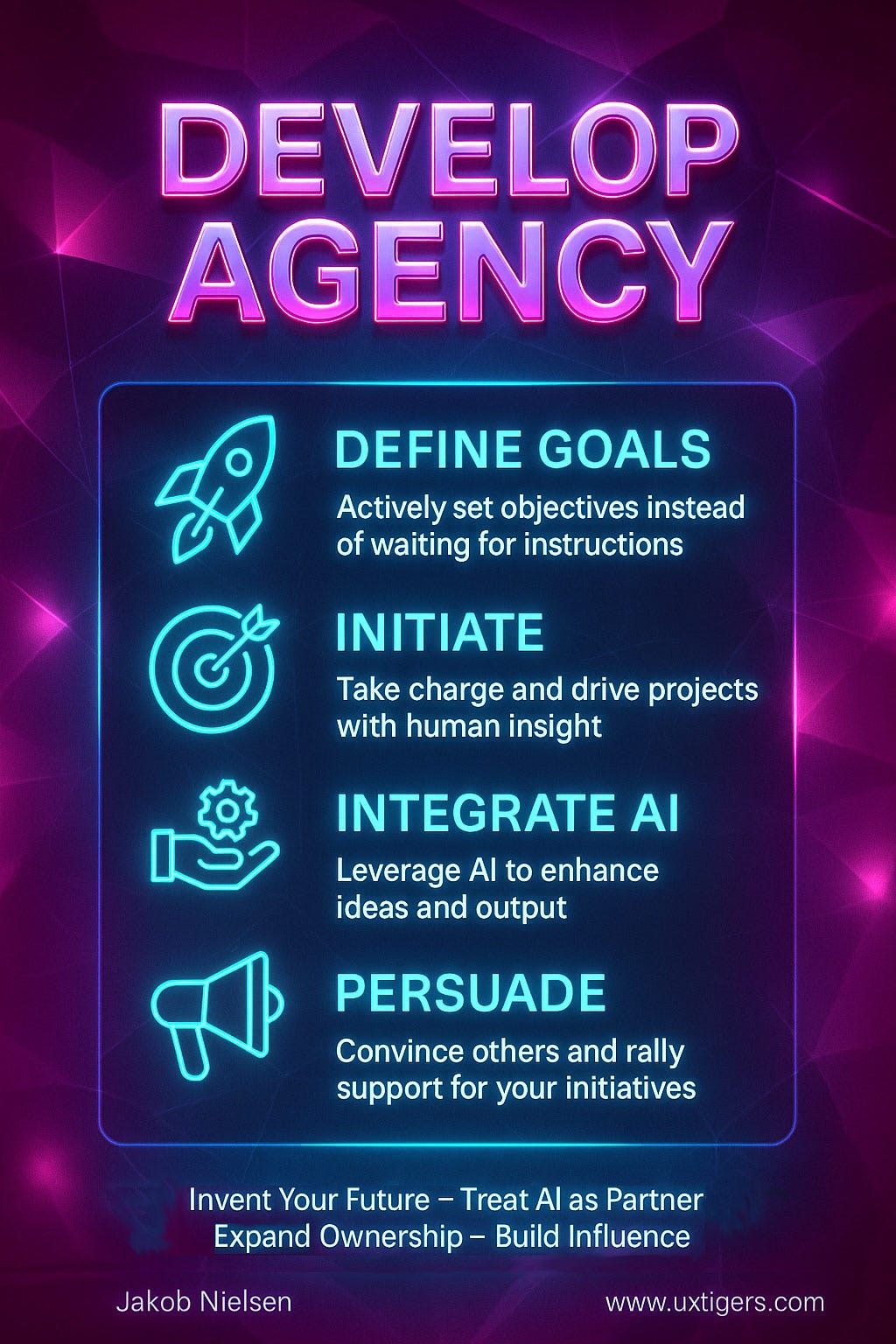

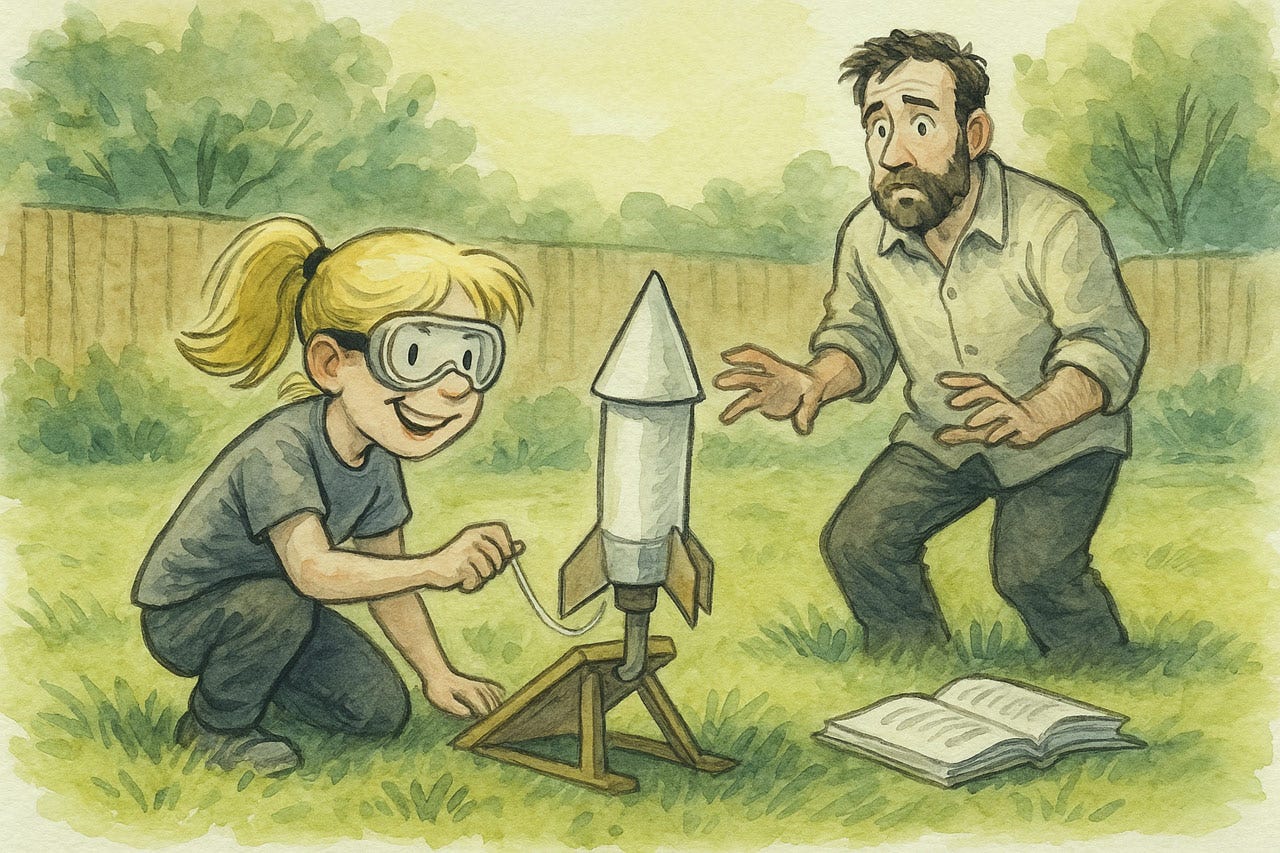
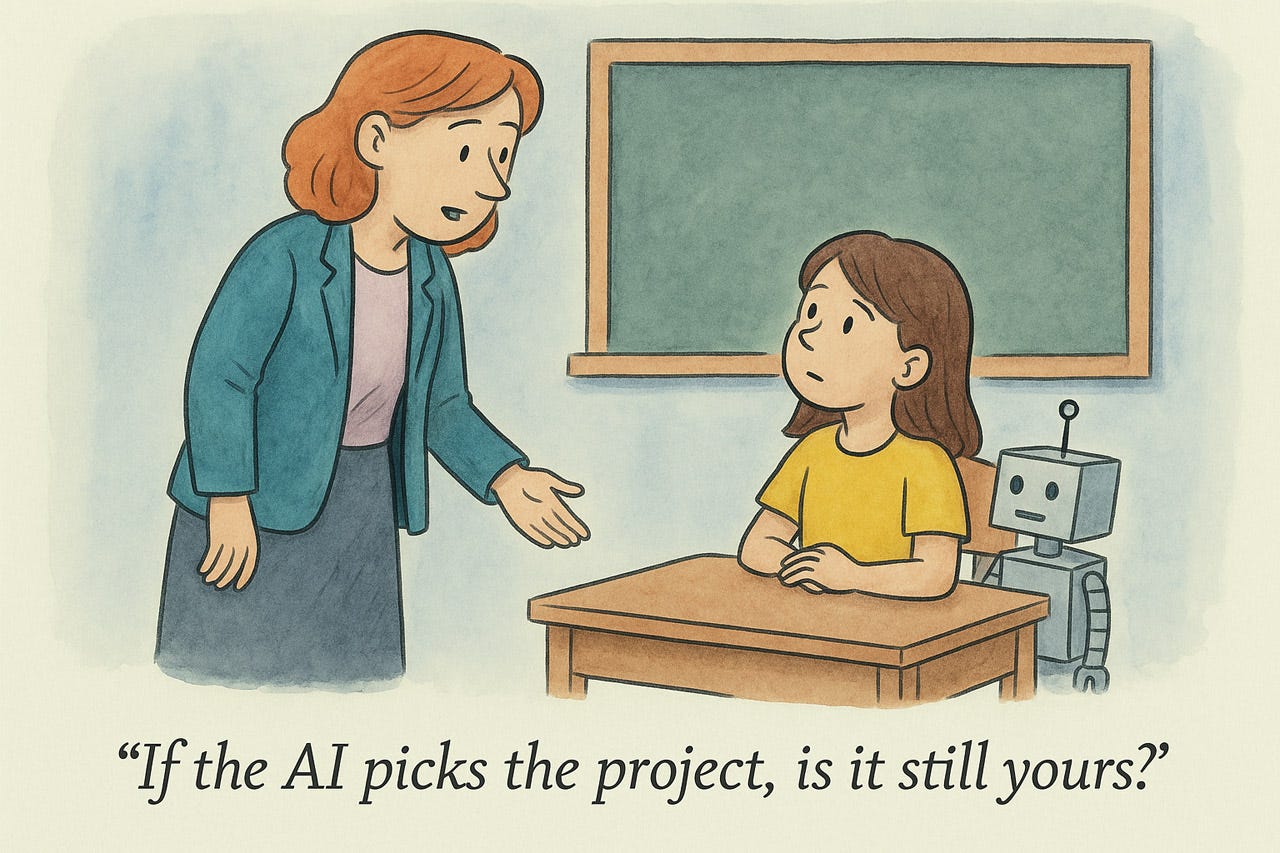
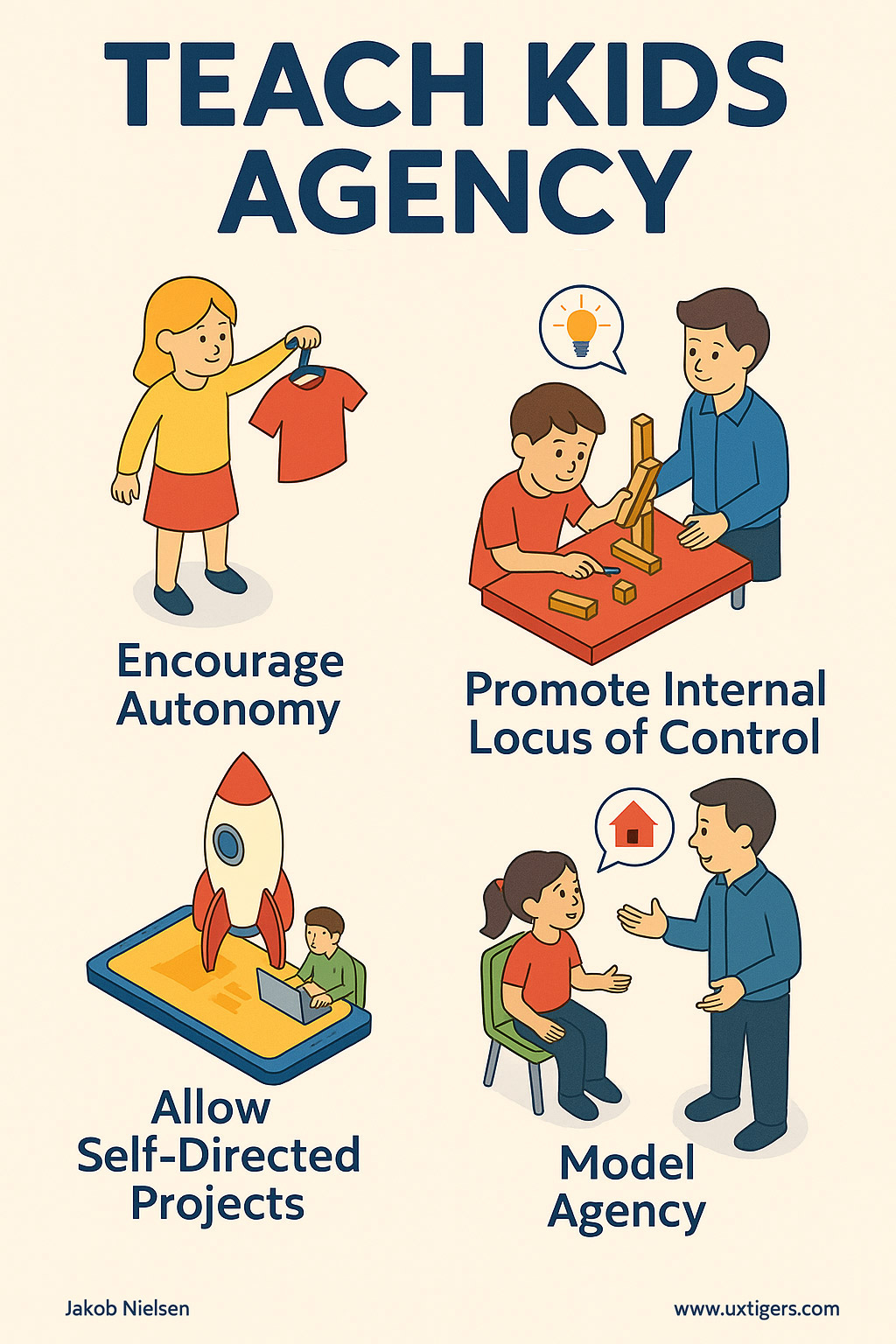

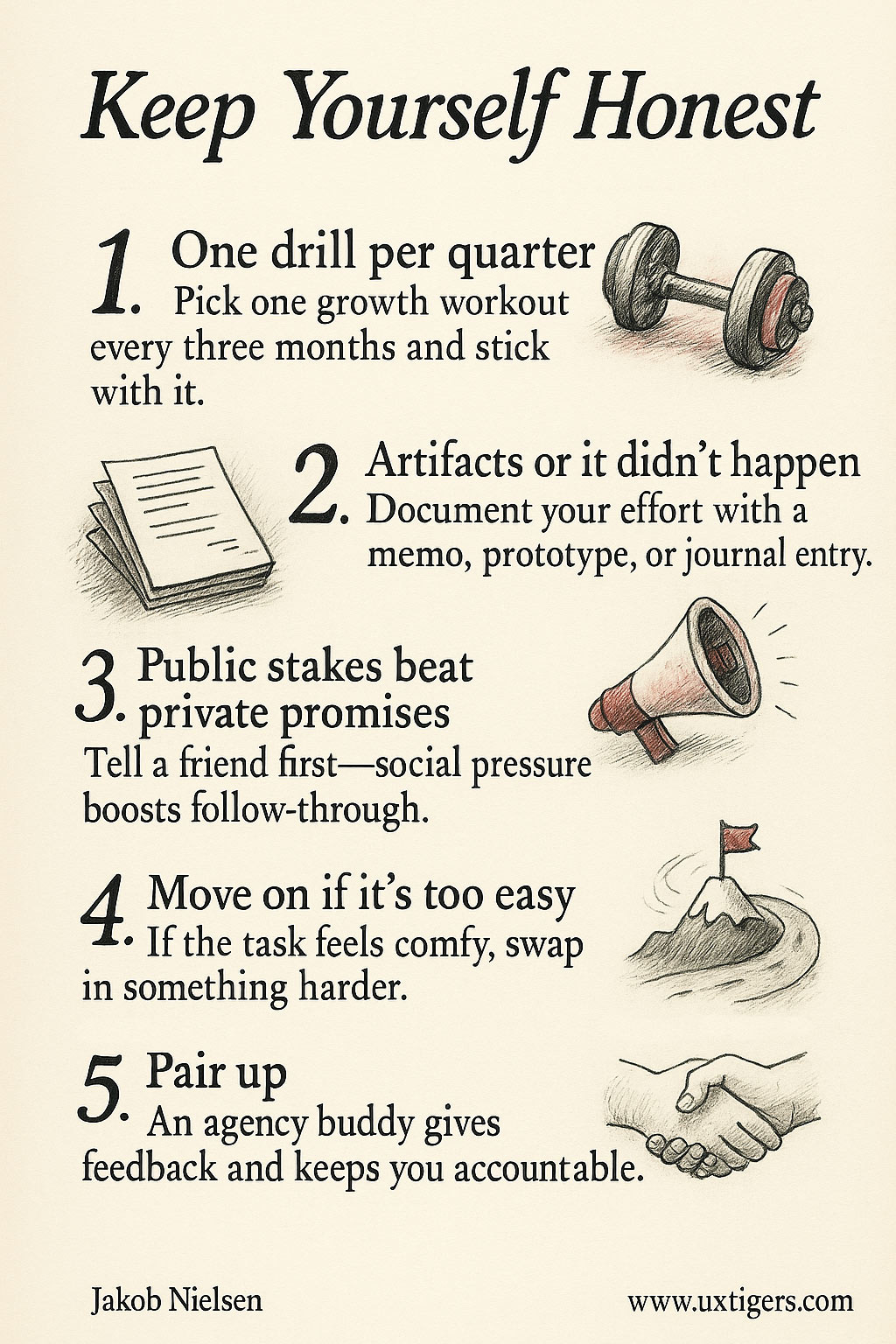
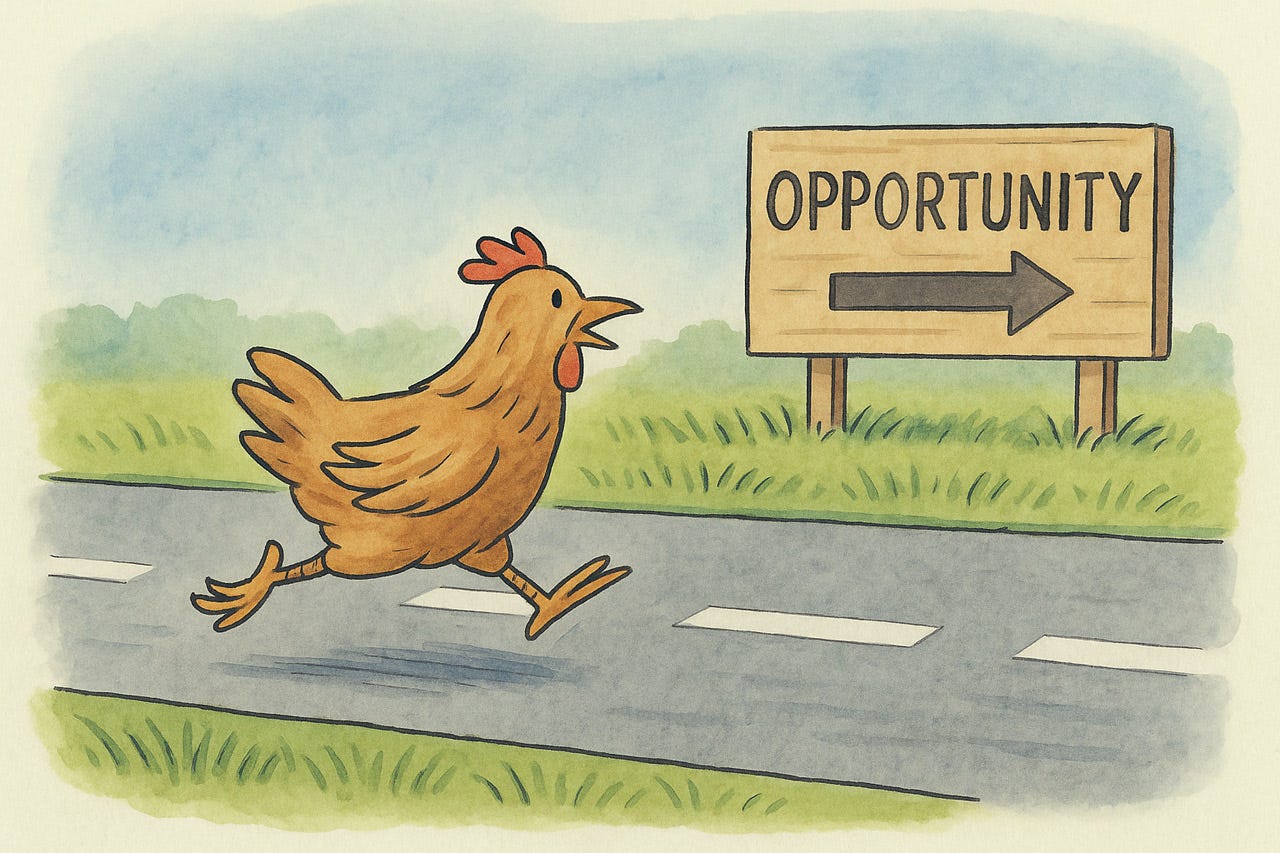

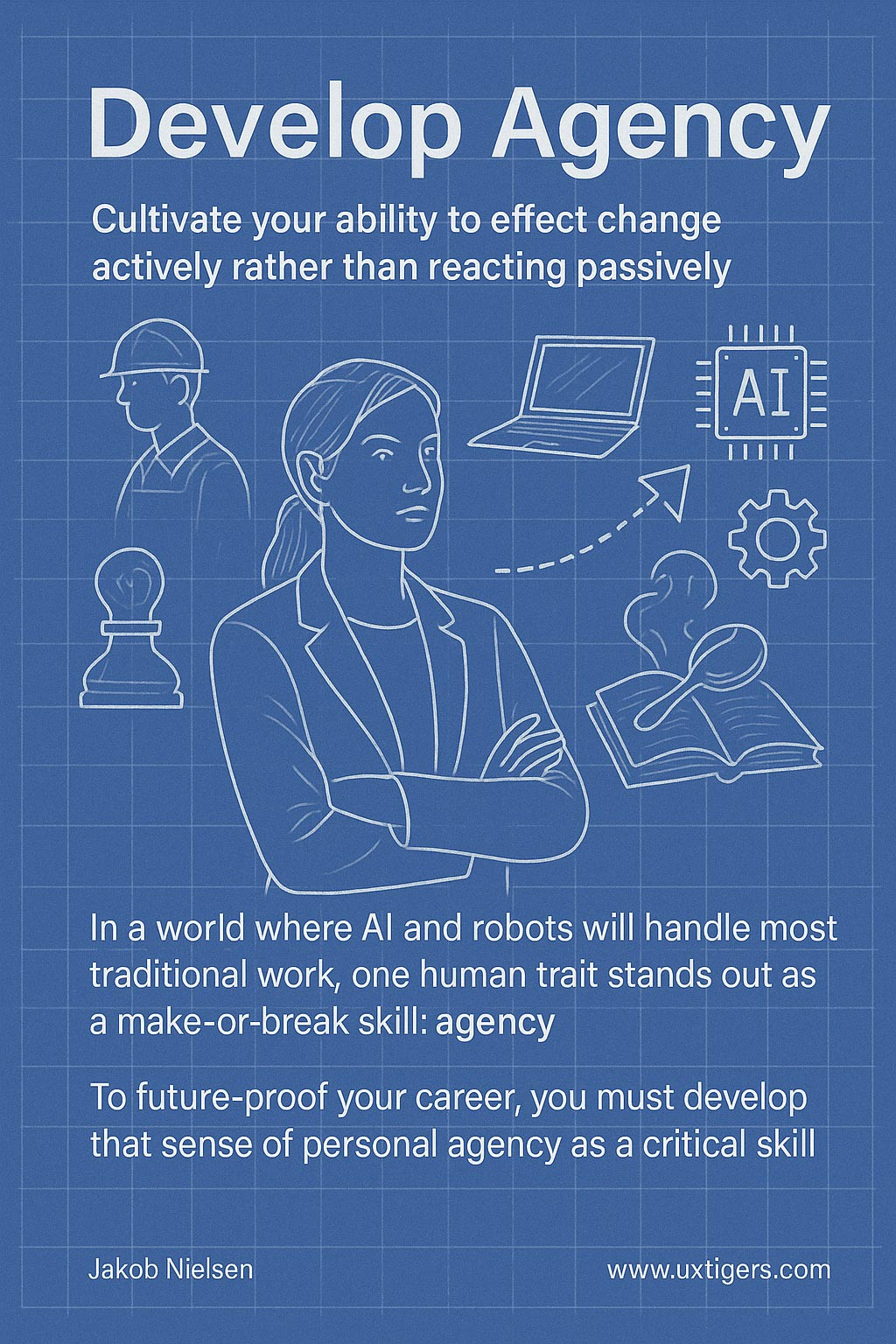
Brilliant piece, tons of useful insights. Saving this piece for future reading.
Another excellent deep dive! Agency is perfect framing